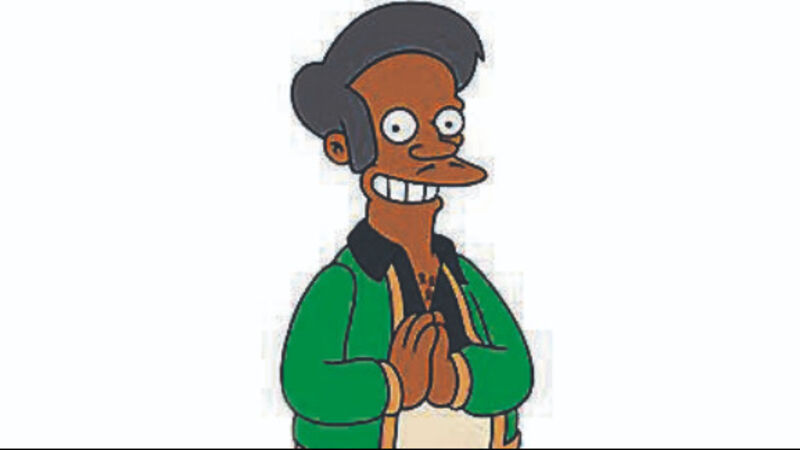The Simpsons under fire for response to Apu stereotype controversy

The Simpsons is being widely criticised for its latest episode in which they address controversy over the character of Apu, writes .
Last year, comedian Hari Kondabolu released a documentary entitled 'The Problem with Apu' in which he confronts and examines what was the only South Asian character that was on television for most of his life.












